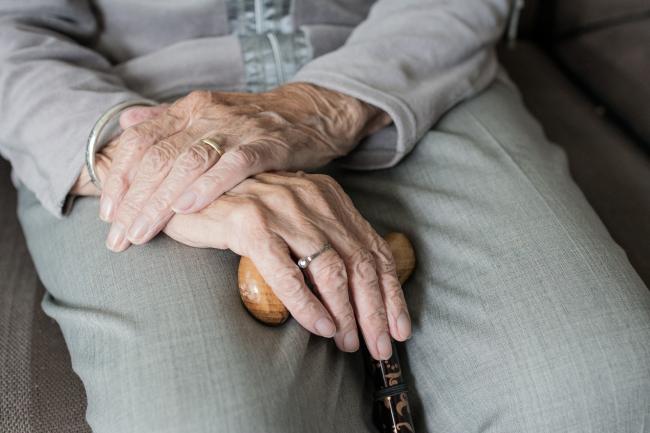The voices of the users are needed in the debate on welfare services
2024-02-09In the debate surrounding the autumn budget proposal, the question of how much money should be allocated to welfare was in focus. Various political perspectives were present in the debate, but those who are the recipients of welfare are rarely heard —actually, they are barely heard at all. This is something that the network EMER, which researches resistance in welfare, aims to change.
– The users of welfare services are rarely the focus when welfare is debated, says Satu Heikkinen, associate professor of Sociology at Karlstad University and one of the organizers of EMER (Explorations of Marginalised People’s Everyday Resistance). We want to amplify their voices through our research to show that they are not just passive recipients of what society has to offer them, but they have unique knowledge that needs to be brought to the forefront.
An example that the network has discussed is how lives of the elderly were affected during the COVID-19 pandemic. Their daily lives were severely restricted, whether they lived independently and in care facilities.
– Many felt that they were deprived of their opportunities to determine their own lives, says Satu Heikkinen. Being an adult but not being allowed to assess risks oneself could feel demeaning. Were the voices of the elderly heard during the pandemic?
Special issues on everyday resistance among welfare users
Currently, the network is working on a special issue on everyday resistance among welfare users, which will be published in the Journal of Resistance Studies with an abstract deadline of April 1, 2024. Another special issue in Nordic Social Work Research with the theme "Everyday Resistances in the Nordic Welfare State" is planned for later this spring.
The network is also in the process of creating a research funding application where they want to find new ways to bring out and bring to a focus the voices of welfare users. It is not only in the general debate that the voices of welfare users need to be more prominent. In the world of research, theories, principles, and methods need to provide opportunities to create knowledge together with — and not just about — individuals using welfare services.
– It is extremely important that knowledge about welfare services and how well they actually work is created together with the users, says Satu Heikkinen. They have unique knowledge, and therefore, they should also be able to play an active role in the knowledge created about the welfare state. After all, welfare actually exists for its users. Therefore, we want to create these special issues and hope we can secure funding—to actually develop effective methods to bring these voices to light, which so rarely get seen.
Interested researchers are welcome to contact the network's project leader, Majken Jul Sørensen. Contact information is available on the EMER network's website.
• EMER Network webpage
• Call for papers: special issue “Everyday resistance in welfare systems” på Journal of Resistance Studies




